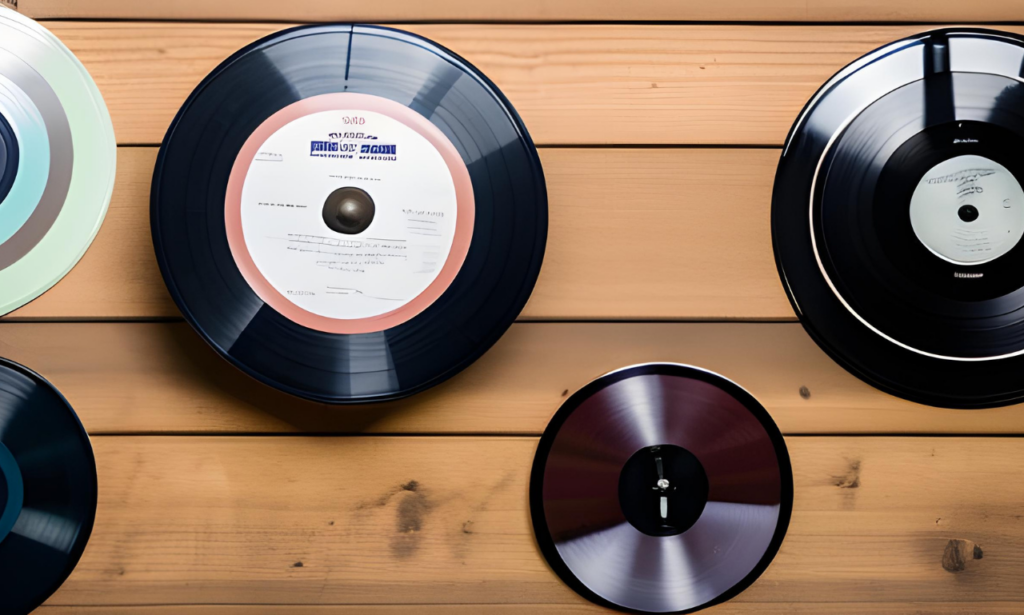
You have stumbled upon a post that is sure to elevate your classical music listening experience. We know you have impeccable taste, and we’re here to help you achieve sonic perfection.
Table of Contents
A Few Notes About Classical Music
First, let’s talk about classical music. It’s more than just a genre; it’s a timeless art form that has transcended generations. From the sophistication of Bach to the intensity of Beethoven, classical music has a way of touching the soul that no other form of music can match. It’s no wonder that it has endured for centuries.
But, to fully appreciate classical music, you need the right equipment. You can’t rely on subpar speakers or flimsy earbuds to deliver the richness and complexity of classical music. That’s where the importance of having the right equipment comes in.
And when it comes to classical music listening, headphones are a must-have. Headphones allow you to immerse yourself in the music and pick up on the nuances that you might miss with speakers or earbuds. With headphones, you can truly appreciate the intricate details of a symphony or the delicate vibrations of a cello.
So, if you’re looking to take your classical music listening experience to the next level, keep reading. We’ll explore the different types of headphones and the factors to consider when choosing headphones for classical music listening. Get ready to elevate your listening experience!
Types of Headphones for Classical Music Listening
Now that we’ve established the importance of headphones for classical music listening, let’s dive into the different types of headphones that are available.
Over-Ear Headphones
Over-ear headphones are the largest of the three types, and they completely enclose your ears. They provide the most immersive experience and the best sound quality of the three types. Over-ear headphones are perfect for when you want to shut out the world and focus solely on the music. They’re also ideal for long listening sessions, as they distribute the weight of the headphones evenly across your head.
On-Ear Headphones
On-ear headphones sit on your ears rather than enclosing them, and they’re a bit smaller than over-ear headphones. On-ear headphones are more compact and portable than over-ear headphones, and they’re a good option if you want something that’s more discreet. They’re also more comfortable than in-ear headphones, as they don’t have to be pushed into your ears.
In-Ear Headphones
In-ear headphones are the smallest of the three types, and they’re designed to be inserted directly into your ear canal. They’re the most portable of the three types, and they’re great for when you’re on the go. However, they’re not as comfortable as over-ear or on-ear headphones, and they don’t provide as much isolation from external noise.
Factors to Consider When Choosing Headphones for Classical Music Listening
When it comes to choosing the right headphones for classical music listening, there are a few factors to consider. Let’s take a closer look.
Sound Quality
The most important factor to consider is sound quality. You want headphones that accurately reproduce the sound of the music without adding any coloration or distortion. Look for headphones that have a flat frequency response curve, which means that they don’t boost or cut any particular frequencies.
Frequency Response
Frequency response is closely related to sound quality. A good pair of headphones should have a wide frequency response range, which means that they can reproduce both the high and low frequencies that are present in classical music. Look for headphones with a frequency response range of at least 20Hz to 20kHz.
Impedance
Impedance is a measure of the resistance that headphones have to the flow of electrical current. Headphones with high impedance require more power to drive them, so they’re best suited for use with an amplifier. If you plan on using your headphones with a portable device like a smartphone or tablet, look for headphones with low impedance.
Sensitivity
Sensitivity is a measure of how loud the headphones can get with a given amount of power. Look for headphones with high sensitivity if you want to be able to listen to your music at high volumes without having to crank up the volume too much.
Comfort
Comfort is important, especially if you’re planning on using your headphones for long periods of time. Look for headphones that are lightweight and have soft earpads that won’t cause discomfort or irritation.
Noise Cancellation
Finally, consider noise cancellation. Noise-canceling headphones use technology to reduce or eliminate external noise, which can be especially helpful if you’re listening in a noisy environment. However, keep in mind that noise-canceling headphones can sometimes affect the sound quality, so choose carefully.
Conclusion
It’s essential to select the right headphones for classical music listening to have the most enjoyable experience. Investing in quality headphones can elevate your listening experience and give you a new appreciation for the music you love.
Remember to take the time to consider all the factors we’ve discussed when choosing headphones for classical music listening. By doing so, you’ll be able to immerse yourself fully in the beauty of classical music and enjoy it to the fullest. Happy listening!

